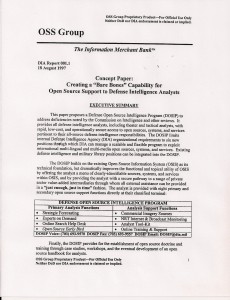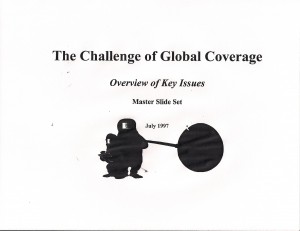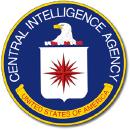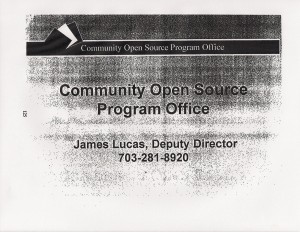
DOC: Creating a Bare Bones OSINT Capability
When Paul Wallner, on rotation from DIA to CIA, first attempted to establiksh an Open Source Intelligence (OSINT) concept of operations, this was the first paper delivered to him. At the same time, he gave OSS a fair shot at business with ten trial weekly reports spanning everything from medical to regions to logistics. What we did not discover until a few years ago is that a sergeant, then on reserve duty and billing himself as an OSINT expert, was throwing away our analytic summaries and loading the carefully sorted headines associated with each analytic summary into the DIA “bin” willy-nilly. Our attempt to show DIA that OSINT could be done as a low-cost out-sourced activity that did not require legions of contractors or “butts in seats,” died from this one specific pattern of misbehavior, a lack of intelligence and integrity on the part of one individual so shocking as to defy understuanding. Neither Wallner nor Steele knew about this until years later.









